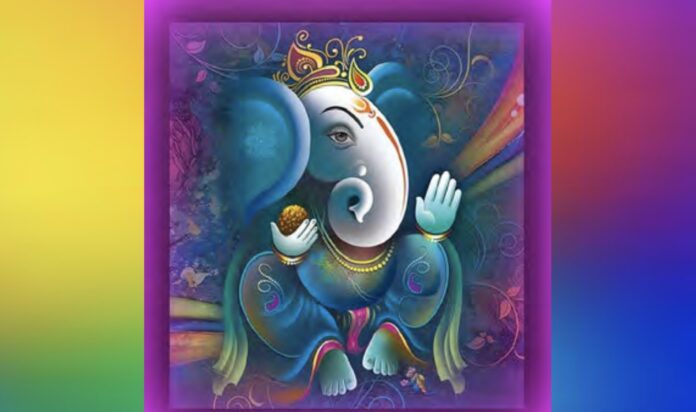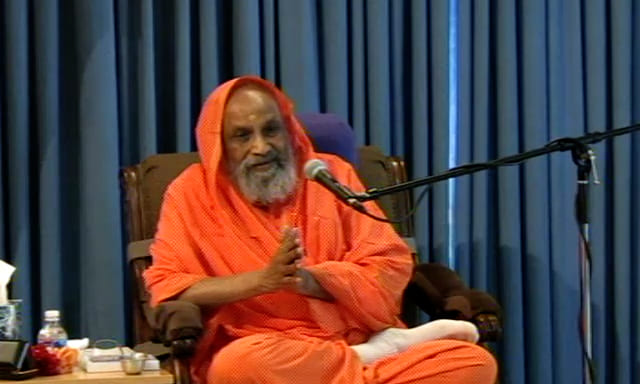Swami Dayananda Saraswati
Excerpt from Insights, Arsha Vidya Research and Publications, 2007
We often hear that Veda is scientific. Is this true? The Veda as a whole is looked upon as a means of knowledge in the Vedic tradition of learning. Being an independent means of knowledge, the subject matter of the Veda has to be beyond the scope of other means of knowledge, and it has to be meaningful as well. It talks about a heaven, puṇya-pāpa, duties, and rituals with their results to be experienced here or in the hereafter. This subject matter is certainly beyond the scope of the means of knowledge such as perception, inference and so on that a human being commands. It does not expect corroboration from other sources of knowledge, much less is the subject matter revealed by the Veda subject to contention on the basis of other means of knowledge. Any contention is only with reference to a subject matter within the domain of perception, inference and so on.
Science is a body of knowledge gained through perception and inference. Consequently, any scientific theory is subject to contention. When the subject matter of the Veda is not within the known means of knowledge, it is wrong to say that the Veda is scientific. Neither a scientist can accept the statement nor the one who knows the tradition. It would be proper to say that the subject matter of the Veda is independent of perception and inference. When Vedanta, the last portion of the Veda, talks of the truth of oneself, does it reveal a totally unknown self? If it does, the self would be like heaven, which exists without any possibility of immediate knowledge in this life. If it talks about a self that is self-evident, then the self cannot be the subject matter of the Veda, since it is already evident. Vedanta, therefore, cannot be a part of the Veda since it reverses its status of being an independent means of knowledge.
A human being employs various means of knowledge to know. It includes the Veda. Every piece of knowledge becomes evident to the person through a relevant means of knowing. However, this person himself or herself does not become evident through any means of knowing. Employing a means of knowledge presupposes the presence of the person who employs it. Naturally the person has to be self-evident. The existence of oneself, therefore, does not depend upon evidence born of an employed means of knowing. Self-evident existence of oneself is revealed when one says: “I am”. So the Veda does not need to reveal the existence of the self. If this self is non-dual Brahman, the cause of the entire world, then no one can know that reality. An individual’s existence is no doubt self-evident but he or she is the knower, who is other than the known, and who is subject to all forms of limitation. In this area, Vedanta is a means of knowledge to know the reality of the self, to know that it is free from any limitation.
The subject matter of Vedanta being I, the self, the knowledge unfolded by its sentences has to be immediate. If someone raises an objection to the way in which the tradition presents the meaning of the sentences such as ‘tattvamasi, that you are’, we employ reason along with the scriptural texts to point out the fallacy of their arguments. If the non-dual vision is contended, citing reason and experience, again the fallacy is pointed out. Thus, reason and experience are meaningfully employed by the teaching tradition. When the doubts and errors are removed, the vision of Vedanta that I am Brahman is clearly understood. This proves that Vedanta is a means of knowledge, independent of perception and inference. So, the subject matter of the Veda is not within the domain of science. Of course, there are a lot of statements in the Veda about things that are empirically true. They can be scrutinized by the scientists to find out how valid they are.




